A child should be protected and loved during their childhood. However, for many children, it is not the case. Learn the long term effects of childhood trauma that can cause a ripple effect throughout a person’s adult life.
Childhood trauma can give you goosebumps even when you reach the stage of adulthood.
It is now clearly proven that any form of early life abuse has a long-term impact on an adult’s life in a specific and structural way.
How childhood trauma affects relationships and well-being?
Childhood trauma could affect and completely transform routine actions like eating, sleeping or studying into uncontrollable disorders with a massive lifetime impact on both professional and personal lives.
There is no aspect of an abused child’s life that is left untouched by potential challenges starting from understanding and expressing feelings, forming relationships and even physical health.
The good news is that childhood trauma and abuse are now actively monitored and that researchers constantly develop innovative therapies and specific treatments to make improve recovery.
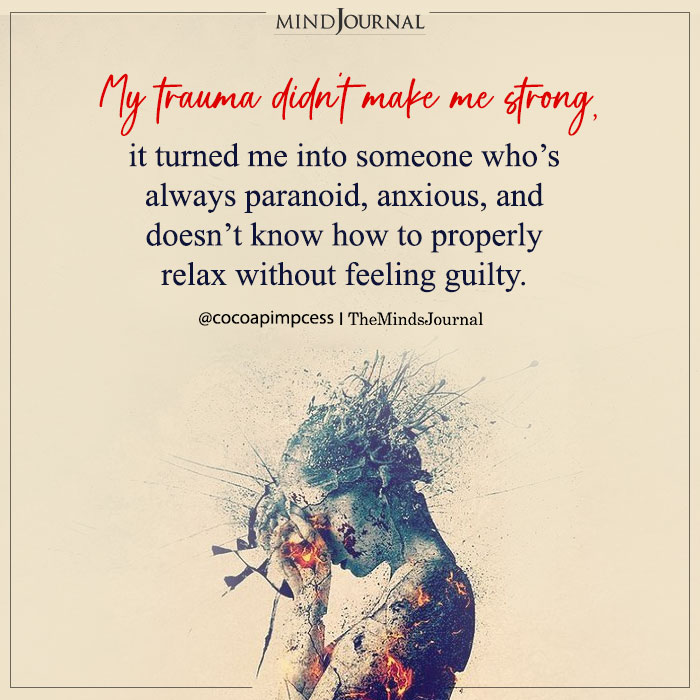
First Step – Awareness
The result of child abuse is a long-term specific self-dissociation disorder that affects developmental stages to adult life.
Related: Trauma of Children Of Addicts & Alcoholics
In any of these stages, it is vital to identify the traumatic experience and the consequential problems that are issued by that experience.
The connection between past trauma and present challenges is necessary for a more complex understanding and treatment.
There are many people that suffer from early life trauma and develop Complex Post Traumatic Stress Disorder “cPTSD” but, unfortunately, there are even more people that are not aware of this condition.
When you think about traumatic experiences the first things that come to your mind are physical or mental abuse, but there are many others mistreatment that have the same harmful consequences on future adult development such as neglect, domestic violence exposure, and traumatic loss.
Effects of Childhood Trauma On Identity Formation and Feelings
Identity formation is an essential aspect of our development and it is a continuous process. Childhood trauma can alter this process in manners that will affect our lives for very long periods if not understood and treated properly.
In our early life stages, identity formation takes shape and any disruption or harmful intervention will shift the normal developmental process.
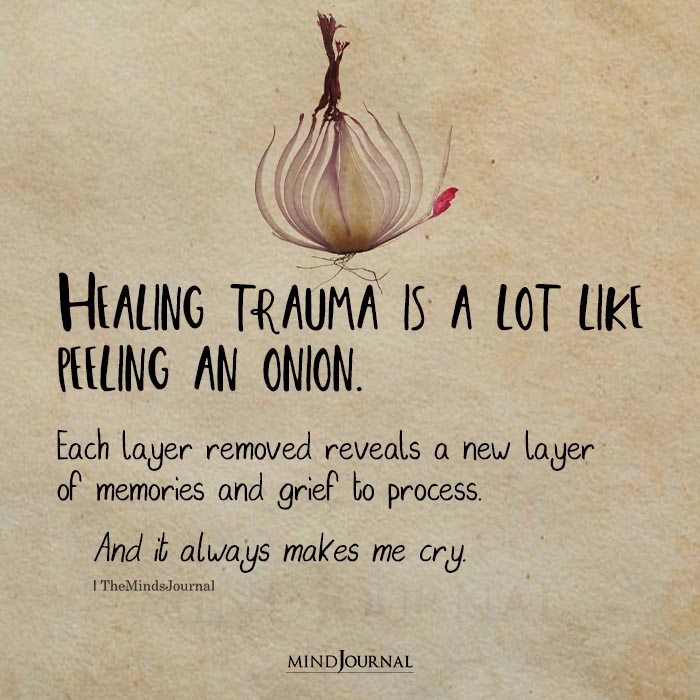
In this cycle, feelings are created and have a crucial role in a future healthy emotional evolution. Children are not able to understand, express, and manage feelings, and being raised in unhealthy environments will affect how they relate to themselves and others.
Related: The Lifelong Effects of Childhood Neglect By Parents
Childhood is the moment when negative emotions such as anger or shame are both developed and associated with traumatic experiences like abusive punishment and neglect.
From this phase, confusion will persist into the teenage and adult life-transforming negative emotions into anxiety, depression, excessive shame or guilt, self-blame, and alienation. That’s how childhood trauma affects you!
Relationships and Physical Wellbeing
Trust is one fundamental piece of our mental puzzle and trusting others as well as self-confidence is an ability that is learned in our childhood.
The relating pattern to adults that are present and impact the child’s life is transposed into later relationship development of any kind.
Related: 4 Ways That Childhood Trauma Impacts Adults
Parenting is a crucial component towards adulthood social integration success. It is proven that there is a very close connection between a higher rate of failed marriages, relationships, and careers among adults’ survivors of early life abuse and trauma.
An abused child develops a low level of self-esteem that psychologically becomes his social interaction DNA. This analogy might seem excessive but there is no aspect of adult life and body-mind system that remains untouched by this type of trauma.
The traumatic experiences are marking up a sleep routine, immune functions, and other important physical functions like eating and from here all sorts of eating disorders mostly bulimia and overweight.
Besides other common health issues linked to a disrupted emotional development, adults that have lived an early life trauma are more prone to drinking smoking and drug issues compared with other people.
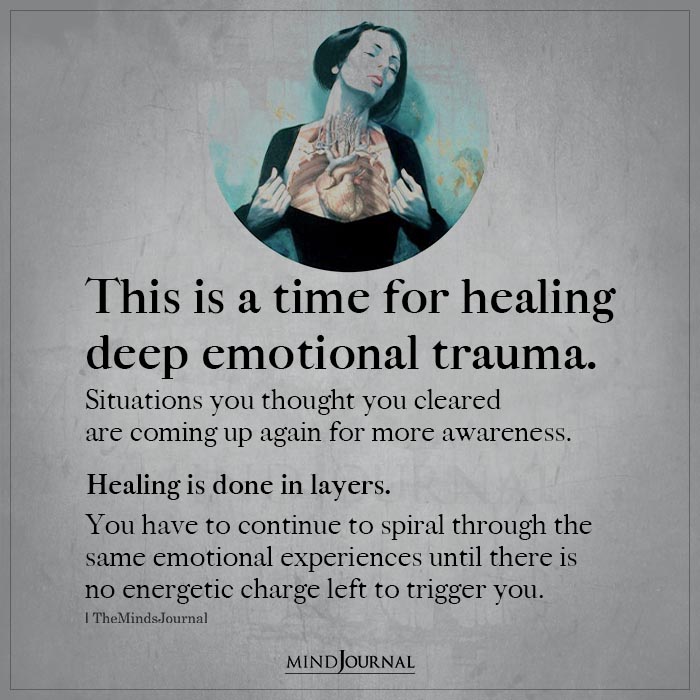
Therapeutic efforts for recovery are more effective when developmental trauma is early detected. The treatment for any adult life disorder starts from accepting and embracing others help but mostly from reconnection to one’s emotions and moving forward.
Professional help is always advisable for a good understanding of the affected aspects of life and specific recovery actions.
Related: How Childhood Trauma Can Wreck Your Adult Relationships
The impact of trauma can greatly affect life, here are a few ways to deal with early life trauma, take a look at it:
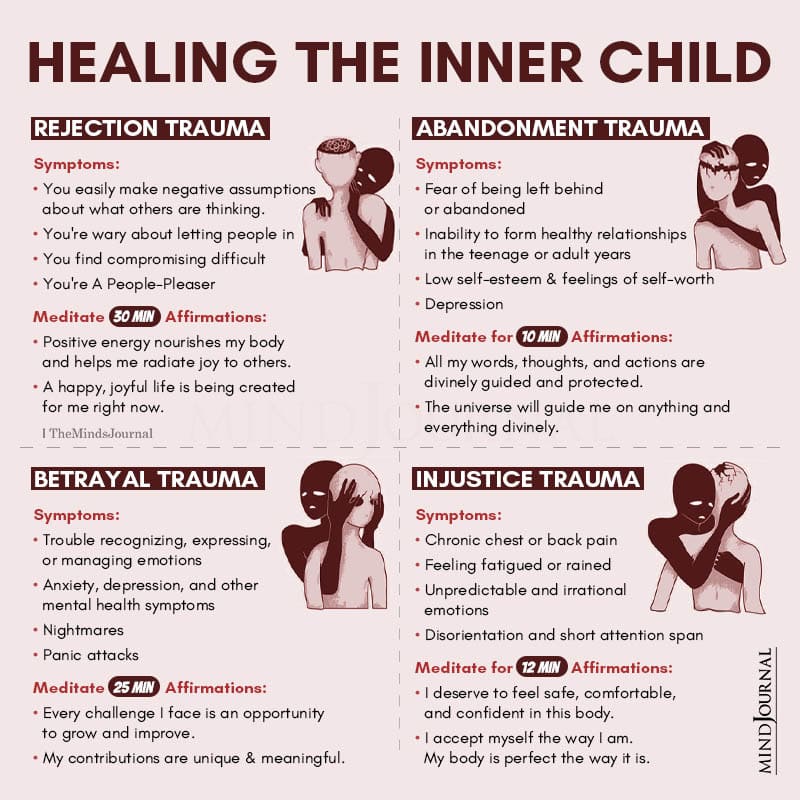
Are you the one with childhood trauma? Could you relate to the article? Share your thoughts about how trauma affects well-being, relationships and identify of a person in the comments below.
Frequently Asked Questions (FAQs)
How can adults manage the effects of their childhood trauma?
Adults who survived early life trauma may face trouble in relationships when it comes to regulating their emotions. The first step to deal with the effects of childhood trauma is by understanding and identifying one’s emotions.
What are the effects of childhood trauma?
Trauma in children can lead to various mental health concerns like depression, suicidal tendencies, substance abuse, and rebellious or oppositional behaviour into adulthood. This can impair their capacity for developing meaningful relationships in future.
How to heal from childhood trauma?
The important thing to remember in the situation of trauma, what happened to you was not your fault. You must stop and think about it, there is a wound caused by the trauma you experienced as a child and you need to heal before it festers.
How does childhood trauma affect health?
Two main ways how childhood trauma affects health are by involving risky behaviors as a coping mechanism and by resulting in chronic stress-related disorders in adults.

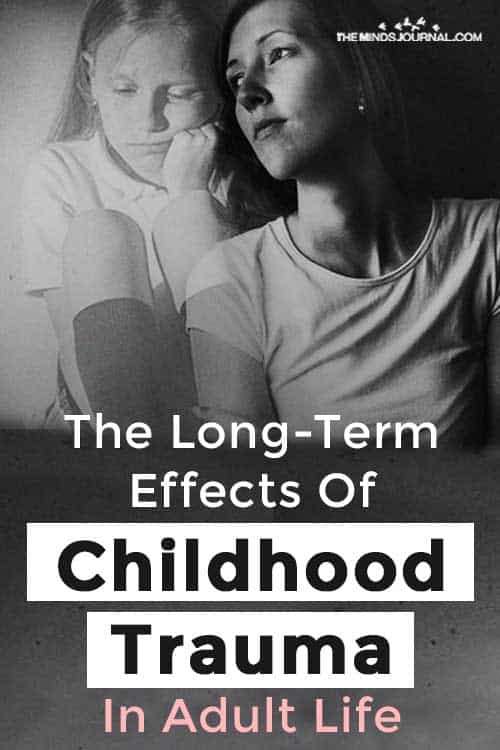

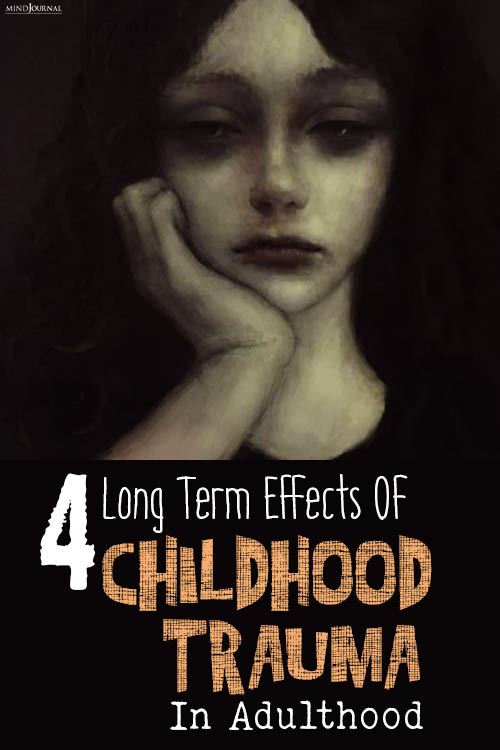

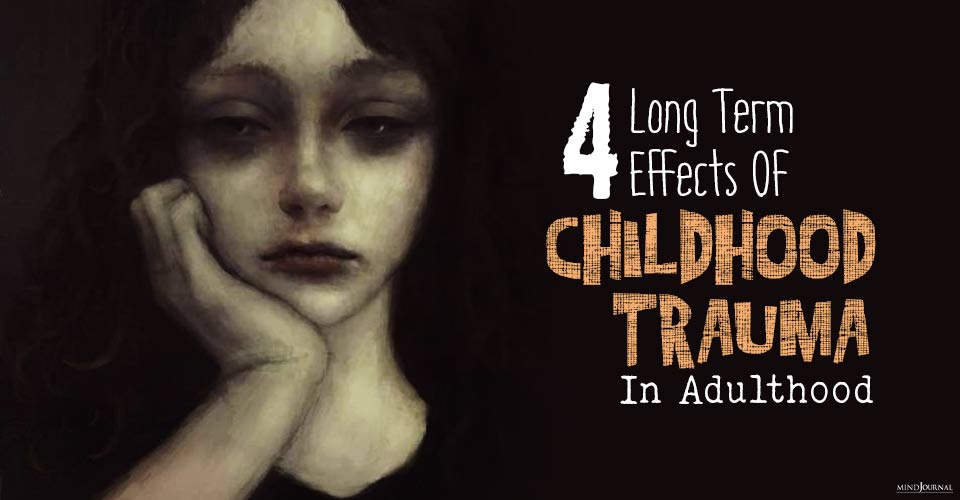







Leave a Reply